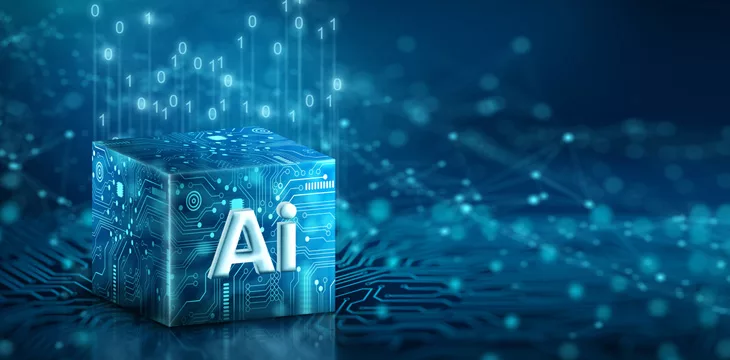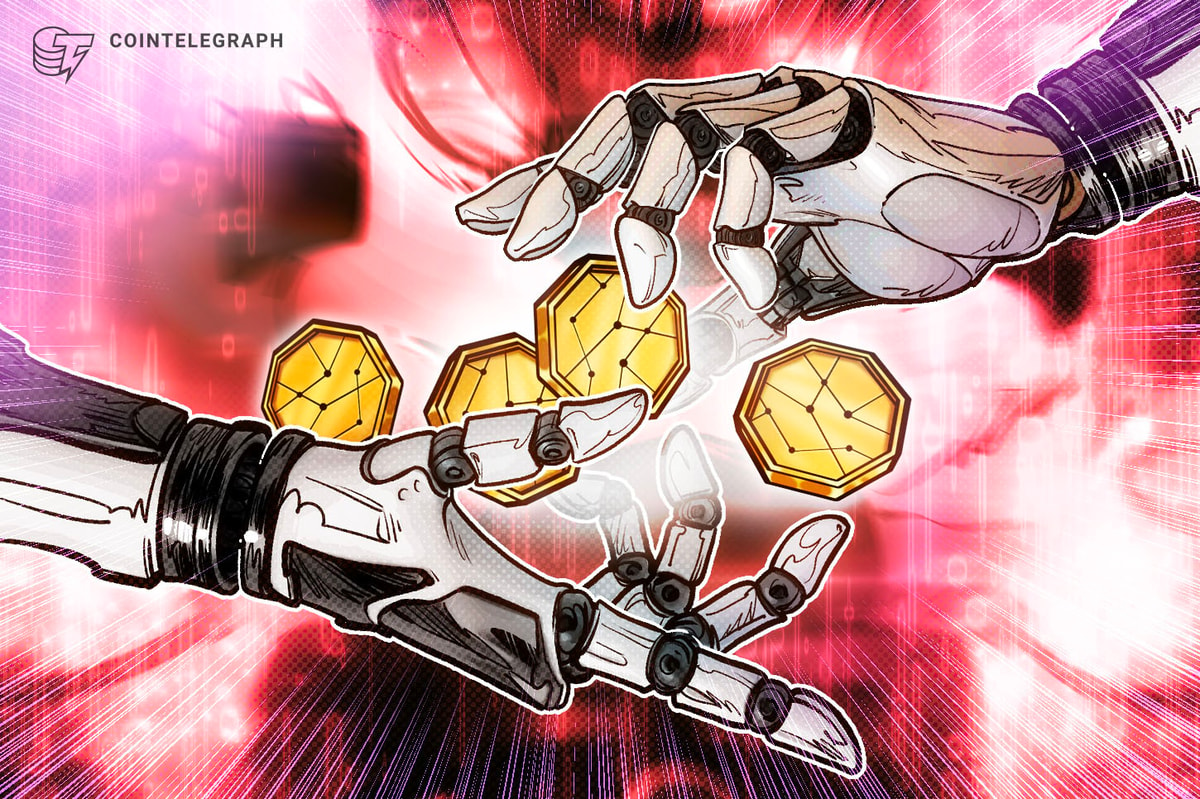The Power of Blockchain in Enhancing AI Transparency and Trust
In recent years, artificial intelligence (AI) has become a rapidly evolving field, with applications spanning various domains, from healthcare to consumer goods. As AI continues to make significant technological advancements, it has also brought forth its own set of challenges. In this article, we will explore the role of blockchain in enhancing AI transparency and trust, as well as its potential to combat bias and misinformation.
Unlocking AI’s Black Box
One of the significant challenges faced by AI is its ability to operate in a "black box," with much of its decision-making process remaining opaque to users and even developers. This opacity can lead to uncertainty and distrust, as users are unclear about the rationale or legitimacy behind the outputs they receive. To address this issue, a blockchain could be used to log, monitor, and reference the data that AI models are trained with, serving as a transparent source of truth.
A blockchain-based system could timestamp the instances where an AI model was given new data and trained, allowing operators to analyze the ledger and understand when the model began to produce biased outputs. This level of documentation is crucial for auditing AI systems, particularly in critical applications that require high levels of accountability and transparency.
Tackling the Deepfake Dilemma: Blockchain as a Verification Tool
Generative AI systems have become increasingly capable of producing high-quality images, audio, and videos, making it easier to create deepfakes that deceive the public. Blockchain can play a crucial role in combating this issue by creating a repository of verified and original content. Any multimedia asset not present in this repository could be considered questionable or unofficial.
This blockchain-based system could be used to ensure the authenticity of content, allowing individuals, such as politicians, to log and verify their published content. This approach promotes transparency, immutability, and trust in digital media.
Maximizing AI Transparency and Combating Bias
Implementing a blockchain with AI systems presents a promising solution to enhance transparency and combat bias. To fully realize the benefits of these innovations, there will need to be a concerted effort from AI developers, users, and regulatory bodies to establish common standards and practices for implementing blockchain in AI systems.
However, not every blockchain is a good candidate for this type of AI/blockchain system. The systems described above require large amounts of data to be sent to various locations at frequent intervals, sometimes several times daily. If a blockchain has low transaction throughput or high transaction fees, it may be technologically constrained or inefficient to run.
Conclusion
The fusion of AI and blockchain has the potential to solve some of the growing problems in the artificial intelligence space. By combining these two technologies, we can quickly identify when and why bias occurs in an AI system and combat the rising issue of deepfakes.
For AI to thrive in the face of growing challenges, it needs to integrate an enterprise blockchain system that ensures data input quality and ownership. This will allow data to be kept safe while guaranteeing its immutability.
FAQs
Q: How can blockchain enhance AI transparency?
A: Blockchain can enhance AI transparency by logging, monitoring, and referencing the data that AI models are trained with, serving as a transparent source of truth.
Q: Can blockchain combat bias in AI?
A: Yes, blockchain can combat bias in AI by creating a transparent and immutable record of AI model training data and allowing operators to analyze the ledger and understand when the model began to produce biased outputs.
Q: How can blockchain verify the authenticity of content?
A: Blockchain can verify the authenticity of content by creating a repository of verified and original content, allowing individuals to log and verify their published content.
Q: What are the limitations of blockchain in AI systems?
A: Not every blockchain is suitable for AI systems, as some blockchains have low transaction throughput or high transaction fees, making them technologically constrained or inefficient to run.









